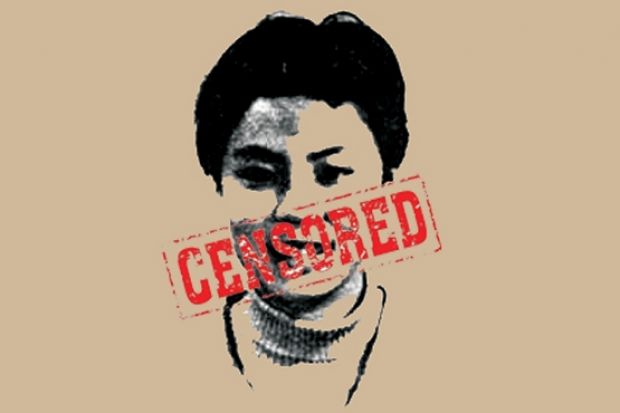I recently gave a lecture to undergraduates about how China is viewed globally. During the break, one student asked me: “Sir, could you tell me exactly what stories about China would interest the international community?”
“Well, the Chinese economy, politics, human interest stuff - any newsworthy story,” I replied.
“Including the Zhu Ling story?” he said.
It took me a while to figure out how to answer.
Nineteen years ago, Zhu Ling, a chemistry student at the prestigious Tsinghua University, was dosed twice with thallium, a heavy metal frequently used in rat poison. The case emerged after friends posted an open letter on the internet asking for help in treating her symptoms.
Zhu’s roommate Sun Wei was investigated by the police but never charged, and although Zhu survived, she was left paralysed, brain damaged and almost blind.
“I think the answer is yes,” I told the student, “because to a great extent such stories help both the Chinese public and the international community to better understand the challenges a society in transition has to face.”
“But are we capable of doing a story like that and conveying that message?” the student replied.
This was a really good follow-up question.
Zhu Ling’s story resurfaced after a Fudan University student was arrested last month in connection with the poisoning of his roommate through a dormitory water dispenser. Both the local and national media referred to Zhu Ling, highlighting how that brutal and dramatic tale continues to resonate with the public.
I asked the student: “Is there any particular part of the Zhu Ling coverage that you follow closely?”
He replied: “Yes, I notice that even People’s Daily [the state newspaper] and Xinhua [the official state news agency] have published many critical stories, opinions and editorials on the matter and pushed for further investigations.”
That is true. However, on 4 and 5 May, posts featuring the words “Zhu Ling” or “Thallium” on Sina Weibo, a Chinese Twitter-like social media platform, were censored, and a similar keyword search via the search engine Baidu.com did not generate much information.
I asked the student whether he thought the state media coverage of the crime was having a positive effect.
“It’s hard to say, because the police have replied that there is not enough evidence to reopen the case, and have claimed that it was dealt with fairly and without external interference, despite hearsay that the prime suspect is well connected politically.”
“OK, so the Zhu Ling story has helped you understand that the media are not an isolated social subsystem in China or elsewhere,” I said.
I have to admit that in this case I did not do a good job of preparing this young man for a future career in journalism. It seems that my interpretation of the state media coverage was less persuasive than the social media would have been.
The benefits of an information superhighway without state roadblocks are clear from the letter that Zhu’s friends sent worldwide to doctors and experts asking for help when her symptoms emerged: indeed, it was one of the first emails sent from China when the internet was still in its infancy. Her treatment was informed by the feedback it prompted.
And 19 years later, more than 100,000 people have logged on to the White House website to sign a petition urging the US to deport Sun Wei, who remains the prime suspect and is now believed to be living there.
Register to continue
Why register?
- Registration is free and only takes a moment
- Once registered, you can read 3 articles a month
- Sign up for our newsletter
Subscribe
Or subscribe for unlimited access to:
- Unlimited access to news, views, insights & reviews
- Digital editions
- Digital access to THE’s university and college rankings analysis
Already registered or a current subscriber? Login
